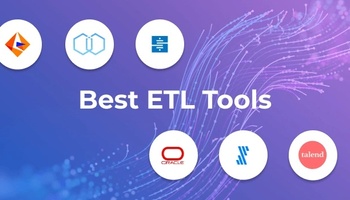Too many data teams focus on data movement and creating data pipelines without aligning those activities to business outcomes. Data teams are meant to make data flows work so much of their focus involves managing data connections across the data ecosystem. Pulling data from Salesforce or ensuring reverse ETL from a data warehouse helps support successful data movement and overall data pipeline development. It doesn't always align to a more effective supply chain or cost savings.
The challenges with focusing on data for data movement sake is that gaps in visibility and a lack of access to the right information will occur. Data projects always need to start with business needs - what business challenges exist, what gaps exist in visibility, why customer churn is higher than expected, why targets aren't being met, etc. Without a business needs assessment and focus, gaps in data pipelines and requirements will grow. I have worked with plenty of companies and while within the vendor landscape where many want to forego this type of exercise because it is time consuming.
The reality is that the time will be spent and can either happen during planning or while fixing problems. Being proactive helps organizations make sure they are on track. Being on track and starting with a business-focused purpose helps create a solution that can become actionable. For instance, looking at metrics is fine when an organization wants to monitor call center stats. But what happens when call times start to increase along with wait times, and satisfaction starts to decrease. Looking at a dashboard will identify that a problem exists. That is all it will do. Unless an organization can drill through to identify potential causes, analyze the problem, come up with solutions, take action and make sure that metrics shift, there is no business alignment.
Why this is still an important topic to discuss
Despite the discussions on the importance of business and IT collaboration, there are still many gaps in collaboration and these gaps are what can lead to organizations having strong data management initiatives that miss the boat on enhancing business outcomes through information visibility. Making data actionable provides organizations with a way to ensure they can make decisions based on the data they are consuming. Information can be analyzed but also acted upon. Without that ability any analytics or data management initiative will fall short.











